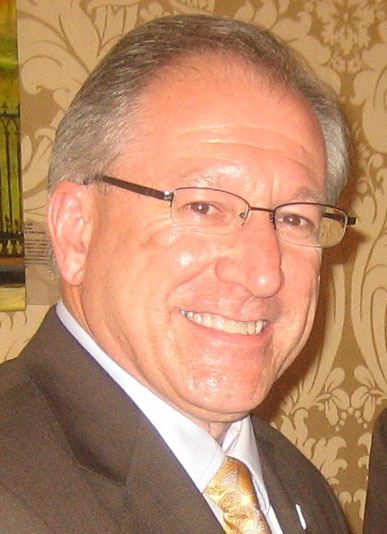
ALEXANDRIA, La. (BP) — The city of Houston’s decision to subpoena pastors’ sermons and other communications concerning a controversial “equal rights” ordinance reflects a misunderstanding of the First Amendment as well as ignorance about rules for non-profit organizations in relation to political activity.
Additionally, it shows a complete misunderstanding of the church’s role in society.
In May, Houston’s city council passed the Houston Equal Rights Ordinance (HERO). The law passed by a vote of 11-6 and included special protections for the LGBT community. Churches helped organize opposition to the ordinance and launched a petition drive to place it on a ballot so Houston residents would have an opportunity to repeal it.
HERO opponents submitted 14,000 more signatures than were needed to qualify the ordinance for a ballot. But city attorney David Feldman declared enough of the signatures invalid to prevent a vote on repeal.
In response to the city attorney’s decision, opponents filed suit, charging that the city “wrongly determined that they had not gathered enough valid signatures” to qualify for a repeal vote.
After the lawsuit was filed, the city issued subpoenas requiring that five local pastors turn over “all speeches, presentations, or sermons related to HERO, the Petition, Mayor Annise Parker, homosexuality, or gender identity prepared by, delivered by, revised by, or approved by you or in your possession.”
Reaction to the subpoenas has been mostly negative. As a result, Mayor Annise Parker, who is openly homosexual, and City Attorney Feldman have tried to backpedal from the issue and say the subpoenas may have been “overly broad.”
Regardless of what Parker or Feldman say now, they previously made statements that reveal their ignorance related to the First Amendment as well as IRS rules that apply to non-profits.
Parker stated via Twitter on Oct. 14: “If the 5 pastors used pulpits for politics, their sermons are fair game.” Feldman told the Houston Chronicle, “If someone is speaking from the pulpit and it’s political speech, then it’s not going to be protected.”
The Chronicle also reported, “Feldman said the pastors made their sermons relevant to the case by using the pulpit to do political organizing. That included encouraging the congregation members to sign petitions and help gather signatures for equal rights ordinance foes, who largely take issue with the rights extended to gay and transgender residents.”
Someone needs to point out to Parker and Feldman that the First Amendment was introduced to protect speech, specifically unpopular political speech aimed at criticizing the government.
Houston’s mayor and city attorney also need to understand that while the rules regulating the political activity of 501(c)(3) organizations do not allow them to endorse or oppose candidates, the rules do not prohibit them from political activity in reference to legislation.
IRS guidelines stipulate that tax exempt organizations are allowed to expend “an insubstantial amount” of funds on advocating for or opposing specific legislation.
The church “is not the master or the servant of the state, but rather the conscience of the state,” Martin Luther King Jr. said. “It must be the guide and the critic of the state, and never its tool.”
The power grab by Parker and Feldman reveals their ignorance of not only the First Amendment and rules regulating political activity of non-profits; it also shows a complete misunderstanding of the role of the church in society.

















